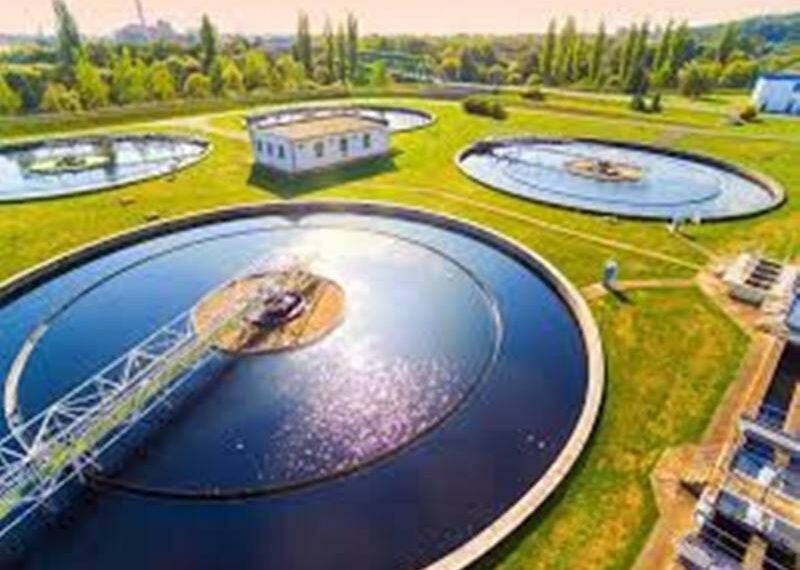Agartala: The Tripura government has launched an ambitious plan to improve its water treatment and distribution system, with the construction of three new water treatment plants (WTPs).
The three water treatment plants are presently under construction in various districts of the state.
The plants under construction include a 0.30 million gallons per day (MGD) facility at Masmara in Unakoti district, a 0.55 MGD facility at Kalyanpur in Khowai district, and a 0.65 MGD facility at Jamjuri in Gomati district.
This initiative seeks to meet the rising demand for potable drinking water, enhance water quality, and guarantee long-term access to clean water for its residents.
Despite abundant natural water resources like rivers, lakes, and reservoirs, the state faces a constant challenge in ensuring these sources meet drinking water quality standards. Currently, much of the state’s water supply comes from surface water sources, which are often susceptible to contamination due to both natural and human factors.
The introduction of three new WTPs is part of a broader strategy to modernize Tripura’s water supply infrastructure.
These plants are being strategically placed in key locations across the state to serve both urban and rural populations.
Upon completion, these projects will mitigate water shortages and lessen reliance on untreated surface water in the targeted areas.
Using cutting-edge filtration and purification technology, these plants will produce water that meets the government’s stringent quality standards.
The construction of these treatment plants will significantly strengthen the water supply system, particularly in areas plagued by water quality problems.
Agartala, which has seen rapid urban growth over the past decade, has been facing challenges in meeting the rising demand for clean water.
Besides, rural areas in the state, where access to potable water has historically been limited, will greatly benefit from these new plants.
ALSO READ: Get cataract surgery to see progress: Tripura CM tells Opposition
The new plants will employ the latest water treatment technologies, such as multi-stage filtration, reverse osmosis, and ultraviolet (UV) disinfection, to remove impurities and harmful pathogens from the water.
These technologies enhance drinking water quality and prevent contamination that leads to waterborne diseases.















